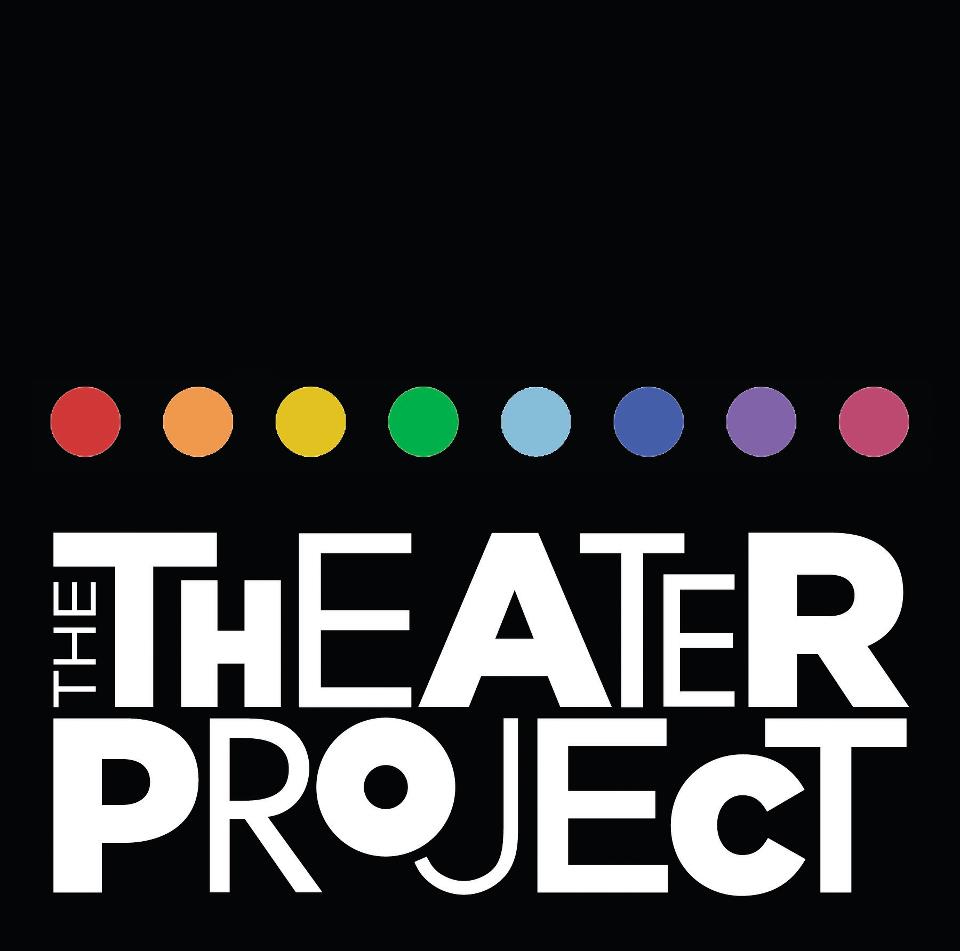Director’s notes
When I read Wajdi Mouawad's play, Scorched, a few years ago, I knew I wanted to do it. Our first attempt to get the rights from the Canadian publisher was unsuccessful, but they encouraged us to check back with them the following year, which we did, with success. I was excited then and that excitement has continued through the six weeks of rehearsals with actors who have traveled to rehearsals from NYC, Cambridge, Mass, Waldoboro, Portland and midcoast Maine.
For me, Scorched is a modern tragedy in ancient Greek mold, a retelling of the Oedipus story in today's Middle East. Having lived and worked in Lebanon for most of the 1960s and early 1970s, I recognize the setting and many of the events, taken from Lebanon's long and brutal civil war. During that time, playwright Mouawad was born and raised in Lebanon. His family moved to Paris when he was in his early teens. After completing secondary school there, Mouawad moved to Montreal, where he studied theater. Since then, he has lived, written and directed in Canada.
Scorched is more than a retelling of the Oedipus myth. It is the story of four characters: Nawal, her children Simon and Janine, and Alphonse Lebel. They engage us from the beginning, when they are strangers, until the end, when they know and care about each other. They also discover the power of love and are able to forgive. Alphonse Lebel hovers over the action like a guardian angel, one who grew his unwieldily wings in the course of the play.
I am so proud of the actors and grateful to them. They have poured their energy and intelligence into this production, prodding me with questions and energizing me with answers. We're a mixed gaggle of a cast, from mid-teens to mid-seventies. No one has held back, nor, I'm sure, will anyone during the play's three week run.
I am also grateful for the support of Wendy, Chris, JP and Barb. They have given us creative solutions to costuming, scenic design, lighting and sound. They have also been an essential support to me with their questions and ideas. Joanna has worked doggedly on publicity and promotion of the show, Amanda has been a director's dream as stage manager, and Josie has assisted her.
Like life, Scorched is sometimes harsh. It is also hopeful and honest, art reflecting life, revealing angles and colors we don't notice day to day. I hope it touches you.
Al Miller
background information
Lebanon's Civil War
In April 1975, four members of the Phalangist Party in Lebanon were killed. The gunmen's target had been Pierre Gemayel, the leader of the Phalangist Party which represented Maronite Christians. Later the same day, Phalangist gunmen attacked a bus full of Palestinians, killing most of them. Though Lebanese and the rest of the world didn't know it at the time, this was the beginning of Lebanon's bloody civil war. A year and a half later, Syria occupied the country with 27,000 troops, a majority of the Arab Deterrent Force set up by the Arab League. Beirut had been devastated, over 40,000 Lebanese had been killed and four times as many wounded.
The war rattled on. The country's security deteriorated, Israel attacked from the south in retaliation for violence across its borders, and there were political assassinations. In 1981 and 1982, moderate Lebanese leaders responded to the continued violence by urging the country's political leaders to restore order and replace the Syrians. Lebanese political leaders could not cooperate and then Israel invaded in June 1982, in retaliation for an assassination attempt on the Israeli ambassador to London.
The same summer, Pierre Gemayel's son, Bashir, was elected President. A month later he was assassinated, Israeli troops entered Beirut and Lebanese militiamen massacred countless Palestinian refugees in the Sabra and Shatila refugee camps.
Ten years later, after numerous political assassinations and internal rebellions, peace was restored and a new government began to rebuild Beirut and to try to mend Lebanon.
This sketchy summary of modern Lebanese political history is the background and source of much of Scorched. How aware was playwright Mouawad of the details of his country's modern history? One of the political figures active in the early 1980s in southern Lebanon was Sheikh Muhammad Mahdi Shams ad Din, also known as Chamseddine. You'll find him in Scorched.

